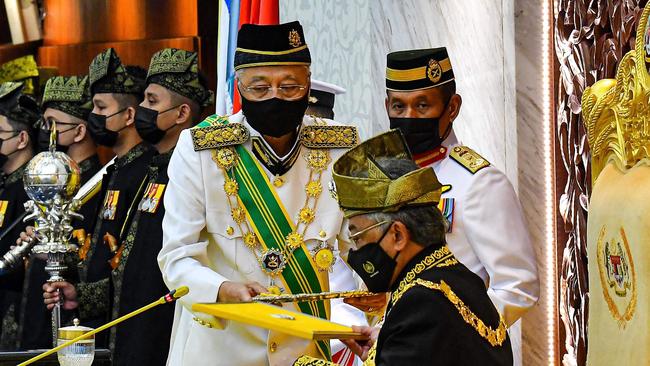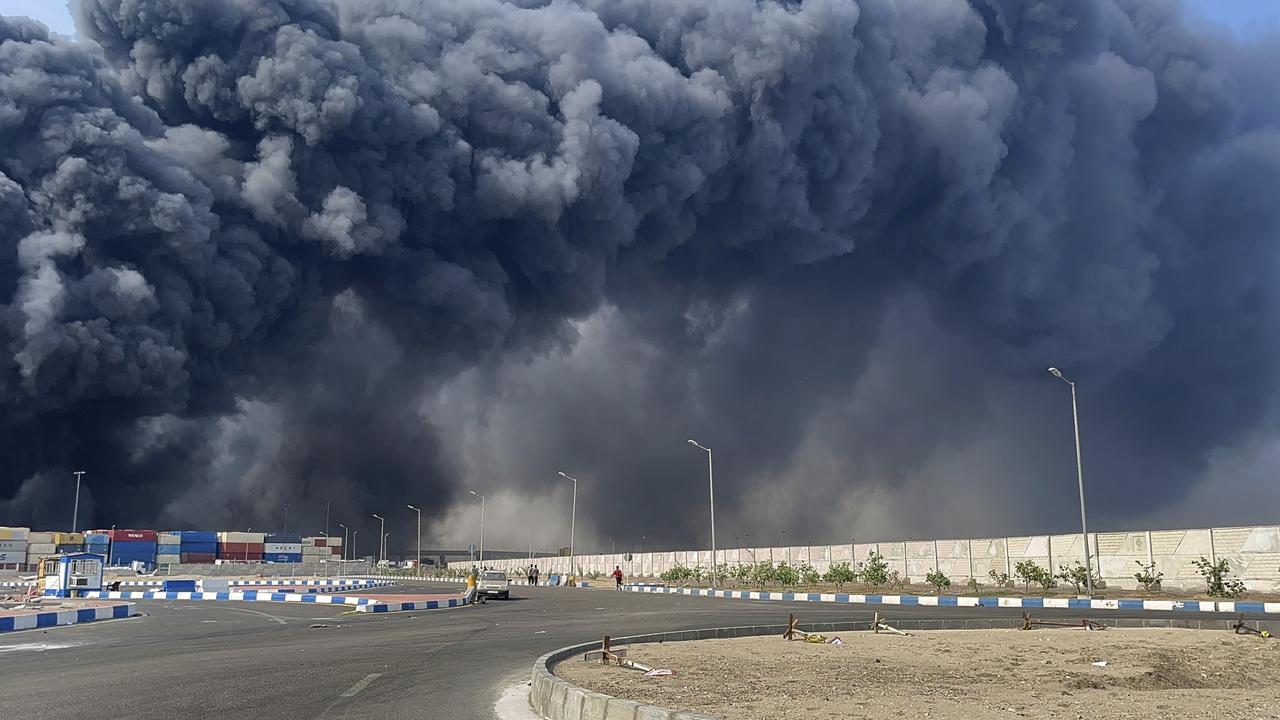Malaysia support of China bid to join TPP threatens rift in Asia-Pacific pact
Malaysia has thrown its support behind Beijing’s controversial bid to join the Trans-Pacific Partnership trade deal, signalling a potential rift.

Malaysia has thrown its support behind Beijing’s controversial bid to join the Trans-Pacific Partnership trade deal, signalling a potential rift in the 11-member Asia-Pacific pact.
The move comes amid rising anxiety among some ASEAN countries over the new Australian, British and US (AUKUS) trilateral security partnership that will help Australia acquire a fleet of nuclear-powered submarines.
Canberra has already indicated it will oppose China joining the gold standard trade deal – its bid requires the unanimous support of all members – unless Beijing can convince all parties it will “fully implement its commitments under the agreement”.
Australia’s trade relationship with China has deteriorated badly in recent years, with Beijing imposing bans on Australian exports in retaliation for Canberra pushback against Chinese political interference.
Japan and Mexico are also said to be wary China can meet the high compliance levels required by the Comprehensive and Progressive Agreement for Trans-Pacific Partnership, which the UK and Taiwan have also asked to join.
Malaysia’s Ministry for International Trade and Industry said on Monday it was “looking forward to welcoming economic powerhouse China into the fold … a s early as next year”.
“The Ministry of International Trade and Industry is particularly encouraged with the recent move by China to formally apply for accession into the CPTPP,” it said.
Australia, Canada, Japan, Mexico, New Zealand, Singapore, Peru and Vietnam have all ratified the agreement, which covers a market of 500 million people and includes rules on e-commerce, state-owned enterprises, intellectual property and labour rights.
Malaysia, Brunei and Chile are yet to do so, though the Malaysian government has said it expects to ratify by the first quarter of 2022.
China is already a signatory to the Regional Economic Partnership Agreement – the world’s largest free-trade deal – which is due to come into force on January 1. That agreement includes all 10 ASEAN member states plus China, Australia, Japan, New Zealand and South Korea.
Beijing has said its desire to join the CPTPP shows its “firm determination to expand opening up and promote regional economic co-operation”. It dismissed suggestions the timing of its formal application was related to last Thursday’s AUKUS security partnership announcement, which it has described as “irresponsible”.
“Everyone can see that China is promoting economic co-operation while the US, Britain and Australia are promoting war and destruction,” Foreign Ministry spokesman Zhao Lijian said at the weekend.
The AUKUS alliance, designed to help balance China’s increasing military might and aggression, has sparked regional fears of an arms race that will sandwich Southeast Asian nations between increasingly hostile great powers.
Malaysia and Indonesia – both facing ongoing intimidation from Chinese coastguard vessels in their waters – have expressed concern that AUKUS could raise the odds of conflict in the region.
By contrast, The Philippines said on Tuesday Australia’s bid to enhance its military capabilities “should restore and keep the balance rather than destabilise it”.
Some have read Malaysia’s enthusiasm for China’s CPTPP entry as reflecting broader regional efforts to balance a reliance on US military power to stem Beijing’s territorial ambitions while preserving a critical economic relationship with Beijing.
Oh Ei Sun, a senior fellow at the Singapore Institute of International Affairs, said its support was more likely born of a desire to attract more Chinese investment.
“Countries like Malaysia, Singapore, Indonesia and The Philippines can’t afford to say no to China,” Dr Oh said. “Ideally, you would have both an American military presence and abundant US investment in the region, but by withdrawing from the TPP, the US shot itself in the foot.”
Had the Trump administration not withdrawn, “US trade standards would be the regional standard for all sorts of things”, he said.
Instead, with China now trying to join, “China standards will prevail”. “It might take some time for China to be admitted but it will prove irresistible,” Dr Oh said.




To join the conversation, please log in. Don't have an account? Register
Join the conversation, you are commenting as Logout